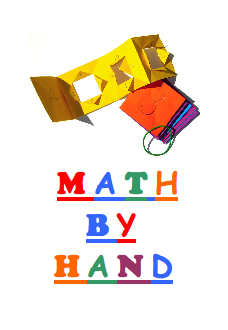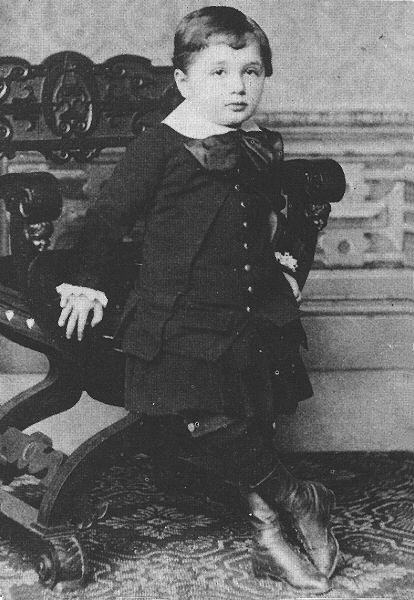Albert Einstein, arguably the greatest mathematician/scientist of our or any time, was by no means an honor student. School was not to his liking, and he did not excel in his classes. But he was able in spite of (or perhaps because of) that “shortcoming” to successfully nurture an inner genius that was prolific, productive, and formidable. A homeschool environment is perhaps then the most likely option for children whose particular genius does not fare well in the classroom.
Here’s what Einstein had to say about exams, “One had to cram all this stuff into one’s mind for the examinations, whether one liked it or not. This coercion had such a deterring effect on me that, after I had passed the final examination, I found the consideration of any scientific problems distasteful to me for an entire year.” It’s possible to extrapolate this to a child who may be under the considerable stress of math fears or phobias. An obvious solution could be a homeschool math curriculum that’s an antidote to such a debilitating, stressful environment.
Here’s a few more of Einstein’s thoughts on education and formal schooling, “The only thing that interfered with my learning is my education.” And, “Education is what remains after one has forgotten everything he learned in school.” Perhaps a differentiation between schooling and education is relevant here. The root of the word education is educere from the Latin, “to lead out.” Whereas schooling implies sameness and a sort of herding together, as in “a school of fish,” education can be seen as discovering the genius within and “leading it out” into the world.
Your homeschool math curriculum can reflect this. Mathematics should be a joy, not a chore. This is its true nature! And the math phobias and fears that are all too prevalent today can be much alleviated by two things: a curious, interested, adventuresome approach, and a tolerance for mistakes. Both of these qualities should be present in teacher and student alike. Einstein said, “Anyone who has never made a mistake has never tried anything new.” And, “I have no special talents, I am only passionately curious. The important thing is not to stop questioning. Curiosity has its own reason for existing.”
Fear of making mistakes is perhaps the greatest cause of math anxiety. One way to create a climate that’s more friendly and tolerant of so-called mistakes is to encourage exploration in all of your homeschool math curriculum lessons. Honing the skill of estimation is a good example of guessing at the answer, along with a recognition that there can be more than one right answer. Teaching a new concept with an exploratory rather than a definitive, finished attitude is another way to create a friendlier learning environment.
Here’s an example. When first teaching the concept of fractions, use something concrete as a model, like a piece of fruit. Ask a lot of questions as you explore the possibilities. As you cut the fruit up, ask what is happening at each step, so the students arrive at an understanding of the whole and its parts on their own. They are constructing the lesson along with you the teacher, so the innate knowledge within them is growing naturally rather than the finished concept being foisted upon them without their making a contribution to the learning process.
As Einstein said, “Most teachers waste their time by asking questions which are intended to discover what a pupil does not know, whereas the true art of questioning has for its purpose to discover what the pupil knows or is capable of knowing.” You can lessen math anxiety by conveying that even great geniuses had their moments of struggling with math. As Einstein said, ”Do not worry about your difficulties in mathematics. I can assure you mine are still greater.”
Yes, math should be a joy, not a chore. When its innate fun and beauty is included in all of your homeschool math lessons, this becomes possible. A willingness of the student to exert an effort, to gladly explore and learn all there is to know of the world and its wonder, is at the root of true education. To this, Einstein said, “Never regard your study as a duty, but as the enviable opportunity to learn to know the liberating influence of beauty in the realm of the spirit for your own personal joy and to the profit of the community to which your later work belongs.” That says it all! And could be the essence and worthy goal of any homeschool curriculum.
Einstein was as much a philosopher as a mathematician/scientist. The sign hanging on his office wall at Princeton said, ”Not everything that counts can be counted, and not everything that can be counted counts.” Make your homeschool math curriculum count with lessons that honor the imagination and the creative genius that lives within each of your students.












